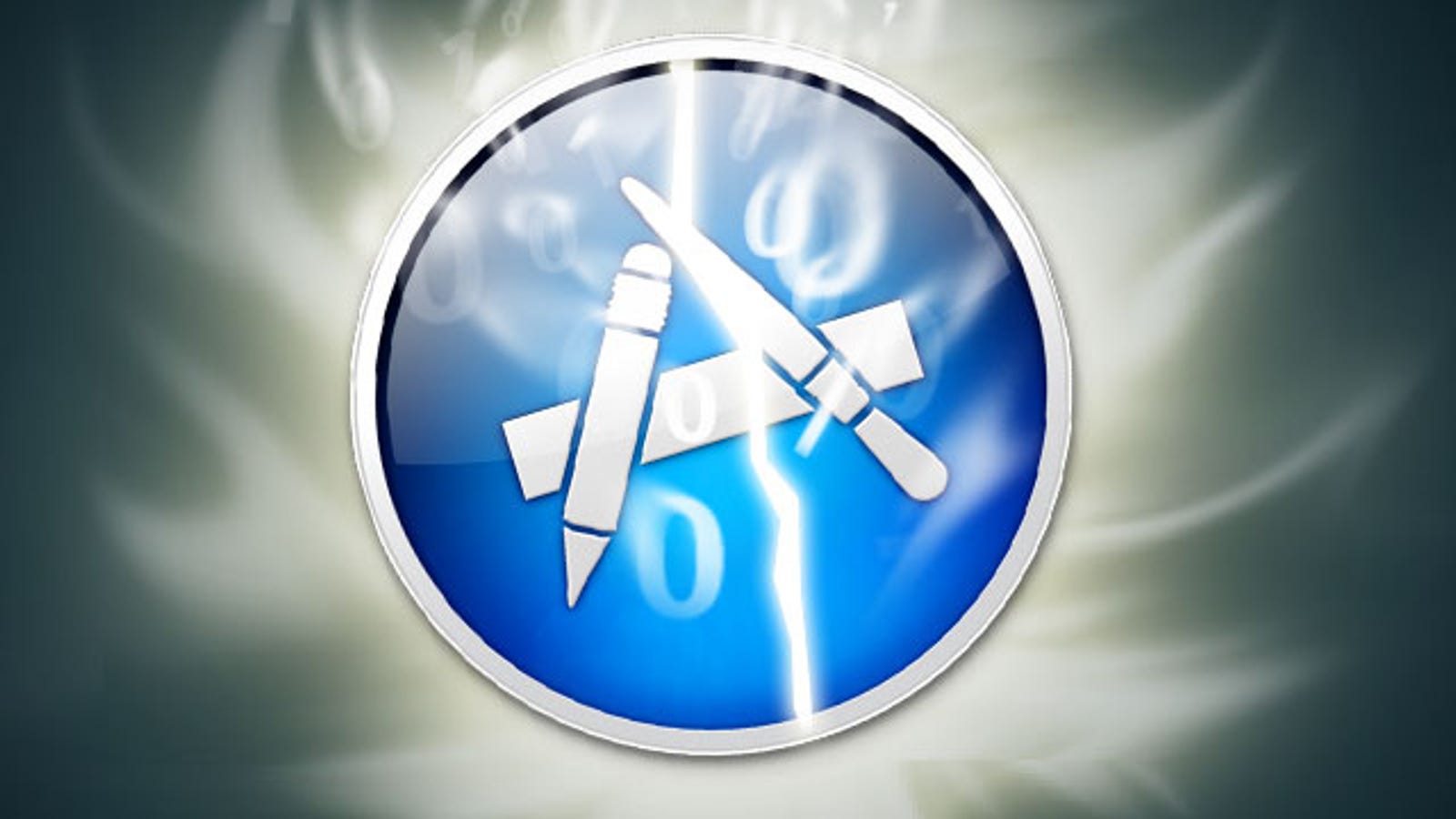The Oracle Dataaccess Client Is Not Installed

Installing Oracle Data Provider for.NET Oracle Data Provider for.NET is part of Oracle Data Access Components (ODAC), which can be downloaded from OTN. Beginning with ODAC 11.1.0.6.20, Oracle Data Provider for.NET can be installed through XCopy or Oracle Universal Installer. • XCopy Administrators use XCopy to deploy Oracle Data Provider for.NET to large numbers of computers for production deployments. The XCopy has a smaller installation size and fine-grain control during installation and configuration than Oracle Universal Installer. • Oracle Universal Installer (OUI) Developers and administrators use Oracle Universal Installer for automated ODP.NET installations. It includes documentation and code samples that are not part of the XCopy.
Jump to Hi Melissa, I ran into a problem where the Oracle connector isn't straight forward to install. - 64-bit Oracle Data Access. You must have access to them in your program as follows: using Oracle.DataAccess.Client; using Oracle.DataAccess.Types; The following sections list TimesTen support for the ODP.NET classes, enumerations and types of the Oracle.DataAccess.Client and Oracle.DataAccess.Types namespaces that are documented for Oracle Data Provider for.NET, 11 g Release 2 (11.2.0.2): • •.
Note: This section describes installation using the Oracle Universal Installer. Neo geo rom ng sfix rom. For installation and configuration using the XCopy install, refer to the README.TXT file that is part of the XCopy installation. Additionally, Oracle Data Provider for.NET Dynamic Help is registered with Visual Studio, providing context-sensitive online help that is seamlessly integrated with Visual Studio Dynamic Help. With Dynamic Help, the user can access ODP.NET documentation within the Visual Studio IDE by placing the cursor on an ODP.NET keyword and pressing the F1 function key. Oracle Data Provider for.NET creates an entry in the machine.config file of the computer on which it is installed, for applications using ADO.NET 2.0 and OracleClientFactory class. This enables the DbProviderFactories class to recognize ODP.NET. Note: If the machine has the corresponding.NET Framework installed, then the Oracle.DataAccess.dll assembly is added to the Global Assembly Cache (GAC) as well.
This is to ensure that existing applications can start using the newly installed ODP.NET version immediately. However, if this is not desired, be sure to remove the policy DLLs from the GAC. Documentation and the readme.txt file are installed in the ORACLE_BASE ORACLE_HOME ODP.NET doc directory. Samples are provided in the ORACLE_BASE ORACLE_HOME ODP.NET Samples directory. Search Order for Unmanaged DLLs ODP.NET consists of managed and unmanaged binaries.
Through the use of the DllPath configuration parameter, each application can specify the ORACLE_BASE ORACLE_HOME bin location that the dependent unmanaged Oracle Client binaries are loaded from. However, the ORACLE_BASE ORACLE_HOME must have the same ODP.NET version installed as the version that the application uses.
Otherwise, a version mismatch exception is thrown. The Oracle.DataAccess.dll searches for dependent unmanaged DLLs (such as Oracle Client) based on the following order: • Directory of the application or executable. • DllPath setting specified by application config or web.config. • DllPath setting specified by machine.config. • DllPath setting specified by the Windows Registry.
HKEY_LOCAL_MACHINE Software Oracle ODP.NET version DllPath • Directories specified by the Windows PATH environment variable. Upon installation of ODP.NET, Oracle Universal Installer sets the DllPath Windows Registry value to the ORACLE_BASE ORACLE_HOME bin directory where the corresponding dependent DLLs are installed.
Developers must provide this configuration information on an application-by-application basis. When a new ODP.NET version is installed, default values are set in the Windows Registry for the new version. Because the policy DLLs redirect all ODP.NET references to this new ODP.NET version, applications use the default values.  Developers can provide a config or web.config file specific to the application to prevent this redirection. The configuration file settings always apply to the application, regardless of whether or not patches or new versions are installed later. ODP.NET Configuration File Support is only available for version 10.2.0.4 and later.
Developers can provide a config or web.config file specific to the application to prevent this redirection. The configuration file settings always apply to the application, regardless of whether or not patches or new versions are installed later. ODP.NET Configuration File Support is only available for version 10.2.0.4 and later.